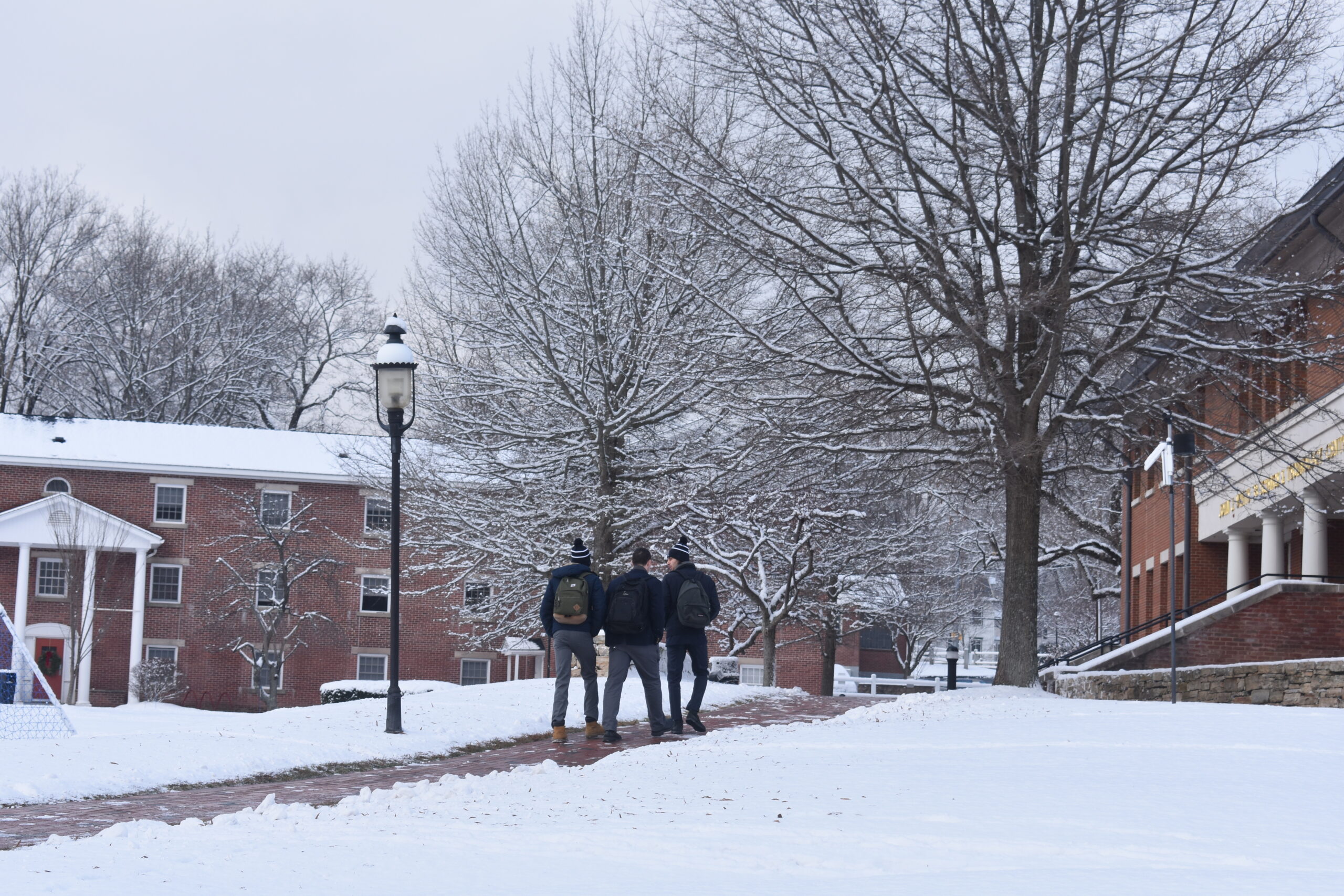A thrilling ride from a corporate lawyer to a creative executive for the team behind the hit chiller “Speak No Evil”
Kyle Alex Brett ’05 instantly related to director Jordan Peele’s Oscar-winning film “Get Out.”
First, the film reminded him of a short story he wrote in college. Second, he was a corporate lawyer for a law firm in New York when he saw the movie and it seemed to be literally speaking to him through the screen, screaming at him to leave a professional career that (like LaKeith Stanfield’s character) had turned him into a shell of his former self.
“I needed to stop being a lawyer,” Brett said recently, with a laugh. “I thought, ‘God, this is so interesting. Maybe there’s a way I can help make movies like this.”
Seven years after the film’s release, Brett has made that dream come true for the very same company that produced “Get Out” and some of the top horror movies of the past decades, including “Paranormal Activity,” “The Purge,” “Invisible Man,” and “Five Nights at Freddy’s.” In a conversation over the summer, he was excited but tight-lipped about some of the company’s upcoming projects. “There’s good stuff cooking,” Brett promised. Brett’s new role is a far cry from his trajectory when he left Cheshire Academy in 2005.
Born in Washington, D.C., and raised in Madison, CT, Brett graduated from Connecticut College in 2009 and Howard University School of Law in 2014. He moved to New York City, where he worked first as a corporate lawyer and then as an entertainment lawyer for two firms before moving to Los Angeles in 2019 and serving as counsel on Netflix’s independent film team. “Since leaving corporate law, I was trying to get over to the creative side,” he said. “I slowly snuck my way over.”
His stealthy prowess was probably a benefit for the type of production company that interested him. Founded in 2000, Blumhouse is known for producing horror films, as well as top-flight dramas, such as Oscar winners “Whiplash” and “BlacKkKlansman.”
As a creative executive, Brett’s job is three-fold. First, he reads scripts – lots of them – looking for ideas that are worth developing. He estimates the team considers about 200 ideas before choosing the eight films it produces a year.
When the idea is in development, Brett is there to help the senior executives bring it to reality through discussions on financing, casting, marketing, even the creative nuts and bolts of making the film as eerie as possible.
“You look at something in the script and say, ‘this seems odd’ or ‘this doesn’t seem odd enough,” he said. “Here’s a married couple who meet another married couple on vacation and things go awry. How can we make sure things keep going awry?”
From there, his job is to support the director and solve problems as they come up. Brett’s interest in horror started in childhood, when he lingered in the spooky sections at the Scholastic Book Fair. Not interested in “bloody horror with a capital H,” he gravitated towards book series like Goosebumps and The Bailey School Kids, as well as movies like “The Halloween Tree” and “The Nightmare Before Christmas” and television series such as “Are You Afraid of the Dark?”
As an adult, he’s similarly intrigued by the sort of horror that has become Peele’s staple: scares with a dollop of social commentary. “He makes movies about alienation, right?” Brett said. “In ‘Get Out, it was alienation racially. In ‘Us, you’re alienated from yourself and in ‘Nope,’ it’s literally aliens.”
Brett also appreciates a director’s ability to surprise audiences with an unexpected change of tone. “Sometimes the difference between comedy and horror is the music,” said Brett, who lists “Under the Skin,” “Hereditary,” “The Babadook,” and the ominous Holocaust film “Zone of Interest” among recent favorites.
Brett credits Cheshire Academy mentors such as his former college counselor and track coach Tyrone Black with encouraging his sense of independence. He also remembers a pivotal moment sitting outside J.J. White Science & Technology Center reading former President Bill Clinton’s autobiography, “My Life.”
“I was reading it and the clouds kind of opened and a beam of light came down on the bricks,” he said. “I was thinking, ‘How did a kid from rural Arkansas grow up to be president of the United States?’ It’s cliché, but I really did realize if you just think about it, plan it, and try hard at it, you can probably do anything.”






